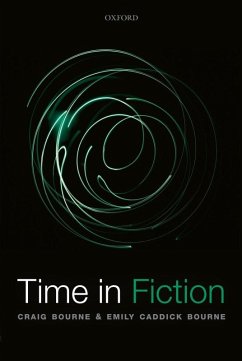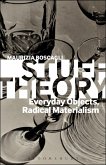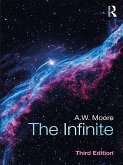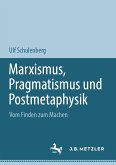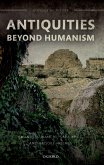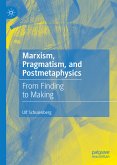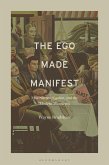What can we learn about the world from engaging with fictional time-series? What should we make of stories involving time travellers who change the past, recurrence of a single day, foreknowledge of the future, the freezing or rewinding of time, or time-series which split into alternative courses of events? Do they show us radical alternative possibilities concerning the nature of time, or do they show that even the impossible can be represented in fiction? Neither, so this book argues. Defending the view that a fiction represents a single possible world, the authors show how apparent representations of radically different time-series can be explained in terms of how worlds are represented without there being any fictional world which has such a time-series. In this way, the book uses the complexities of fictional time to get to the core of the relation between truth in fiction and possibility. It provides a logic and metaphysics to deal with the fact that fictions can leave certain features of their fictional worlds indefinite, and draws comparisons and connections between fictional and scientific representations and hypotheses. Utilising the notion of a counterpart, the authors show how to understand claims concerning persistence of characters and their identity across fictions, and what it means for a fiction to be 'set' at an actual time. Consideration is given to motion in fiction, asking whether it is sometimes continuous and sometimes discrete, how to understand different rates of change, and whether fictional time itself can be said to flow.
Dieser Download kann aus rechtlichen Gründen nur mit Rechnungsadresse in A, B, BG, CY, CZ, D, DK, EW, E, FIN, F, GR, HR, H, IRL, I, LT, L, LR, M, NL, PL, P, R, S, SLO, SK ausgeliefert werden.

